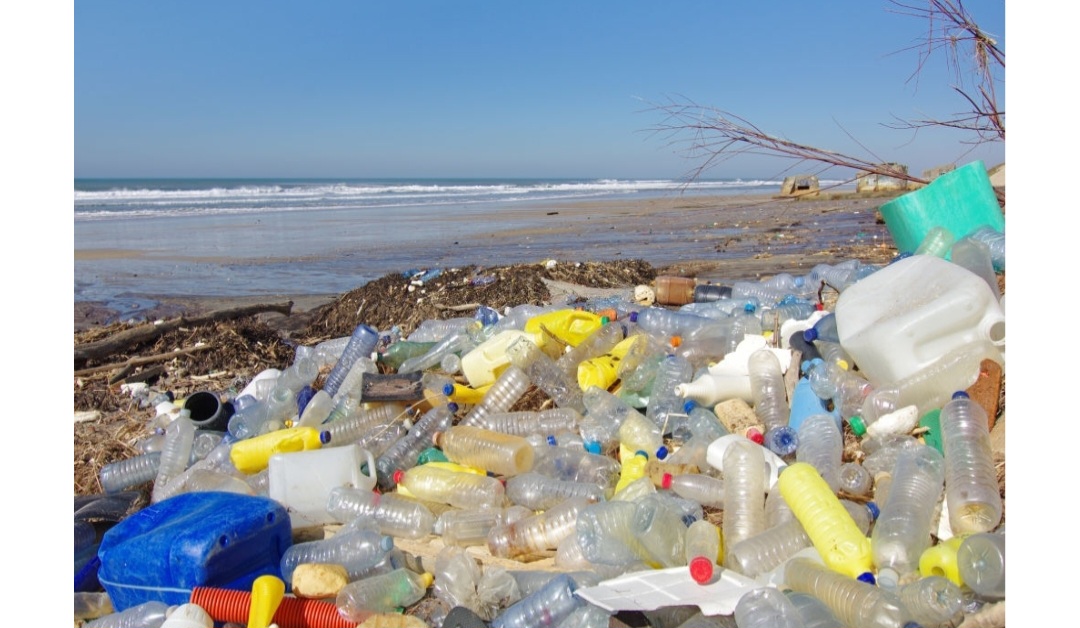Export credit agencies (ECAs) are government-backed or government-affiliated financial institutions that provide financing and insurance to support international trade and investment. Their main role is to promote and facilitate exports from their respective countries. They play a crucial role in promoting and supporting exports from their respective countries. However, the need to decarbonize the activities of these agencies has become increasingly important in the global fight against climate change.
Export Credit Agencies (ECAs) can have negative impacts on people’s livelihoods in certain cases. The burning of fossil fuels is the primary contributor to greenhouse gas emissions, which is a major driver of climate change. Decarbonizing ECAs involves reducing carbon emissions. By doing so, ECAs can align their activities with the goals of the Paris Agreement and contribute to global efforts to mitigate climate change
ECAs support projects or industries that have adverse environmental impacts. This includes financing projects that contribute to deforestation, pollution, or the extraction of non-renewable resources. Such environmental degradation can harm local communities’ livelihoods, especially those dependent on natural resources. Providing support to projects or industries involved in human rights violations or unethical practices. For example financing projects that disregard labor rights, infringe on indigenous people’s rights, or contribute to conflict or displacement. These practices can have severe negative consequences on people’s livelihoods and quality of life.
ECAs often offer loans or guarantees to facilitate international trade. However, if recipient countries are unable to repay these loans, they may fall into a cycle of debt burden. The repayments can divert funds from essential public services, such as education, healthcare, or infrastructure, impacting people’s livelihoods by reducing a ECAs may operate with limited transparency and accountability, making it difficult for affected communities or civil society organizations to monitor their activities. This lack of transparency can lead to decisions being made without considering the impacts on local livelihoods or ensuring proper consultation with affected communities.
In some cases, ECAs may fund projects that compete with or displace local businesses. For example, subsidized exports from one country may undermine the livelihoods of small-scale farmers or manufacturers in the recipient country. This can result in job losses, reduced income opportunities and economic inequality.
It is important to note that not all ECAs have these negative impacts, and many are actively working to improve their social and environmental performance. However, these issues highlight some potential risks associated with certain ECA practices and the need for careful oversight and due diligence in project financing.
Decarbonizing ECAs is crucial for addressing climate change. As one of the country’s most vulnerable to climate impacts, Uganda recognizes the need to reduce greenhouse gas emissions and transition to low-carbon development. By decarbonizing ECAs, Uganda can ensure that the projects they support align with its climate goals, such as promoting renewable energy and energy efficiency and also to help protect Uganda’s natural resources and ecosystems. Many ECAs support projects in industries that have significant environmental impacts, such as fossil fuel extraction or deforestation, Uganda can safeguard its forests, water sources, and biodiversity, which are crucial for the livelihoods of local communities and the country’s sustainable development.
Many countries have made international commitments to reduce their greenhouse gas emissions and transition towards low-carbon economies. Decarbonizing ECAs can help countries fulfill these commitments by ensuring that their export financing activities are consistent with their climate targets. Climate change poses significant risks to the global economy and financial systems. ECAs that fail to decarbonize may be exposed to climate-related risks. By aligning their activities with climate goals, ECAs can better manage these risks and ensure the long-term sustainability of their operations. Uganda’s efforts towards sustainable development and economic diversification can be through shifting support towards renewable energy, sustainable agriculture, and other climate-friendly sectors, Uganda can foster economic growth that is aligned with its long-term development goals.
Overall, decarbonizing ECAs is a crucial step for Uganda to align its development trajectory with climate goals, protect its environment, promote public health, diversify its economy, and strengthen international partnerships. It can contribute to a sustainable, inclusive, and resilient future for the country and its people.
Do you have a story in your community or an opinion to share with us: Email us at Submit an Article









